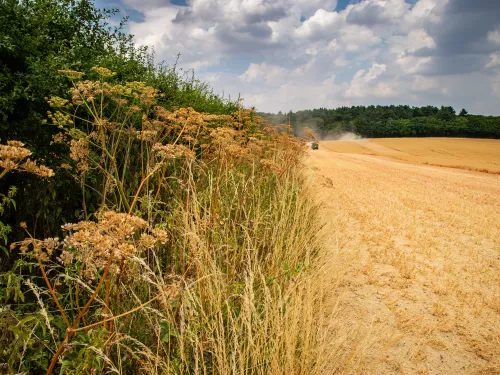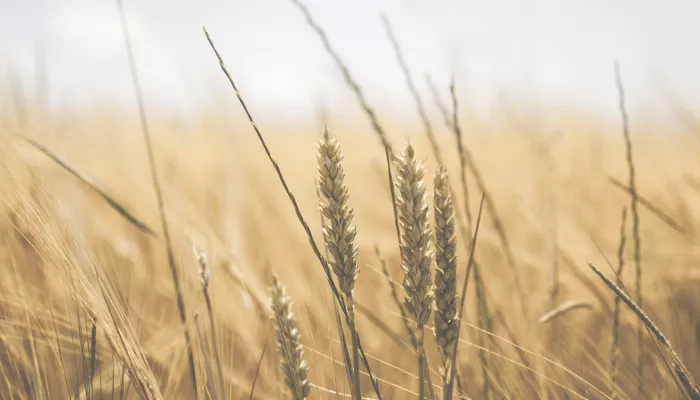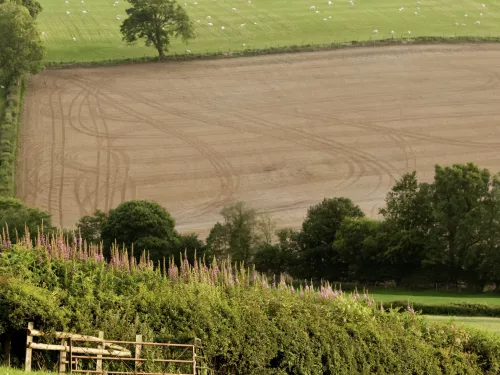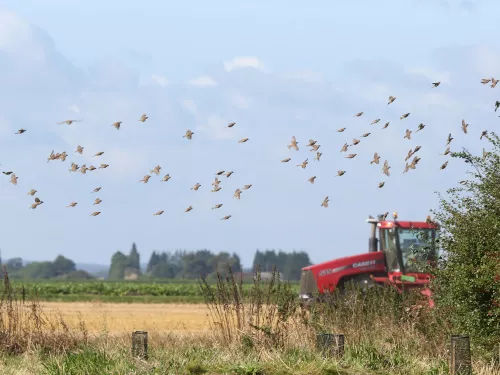
New report reveals that nature-friendly farming budget is inadequate to meet climate and nature targets
New economic analysis, published today, demonstrates that the current agricultural budget is significantly less than what is required for the UK farm and land management sector to help tackle the nature and climate crisis.



